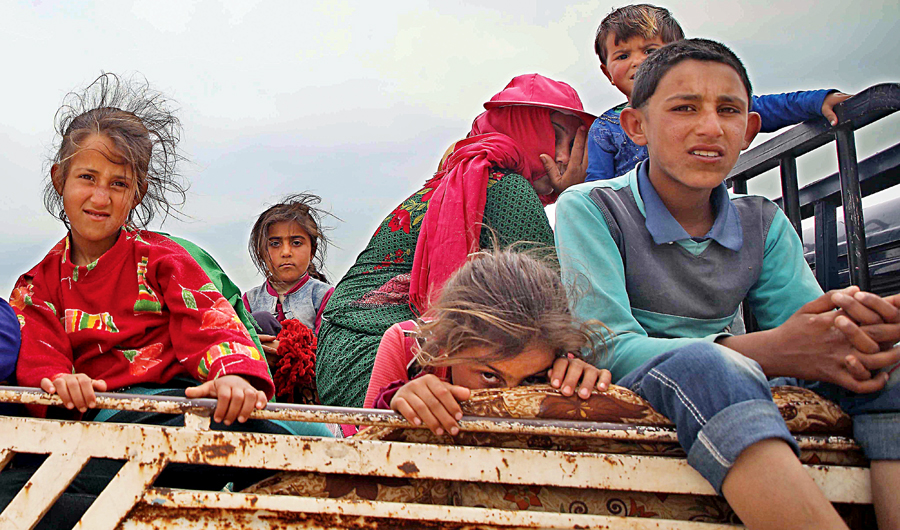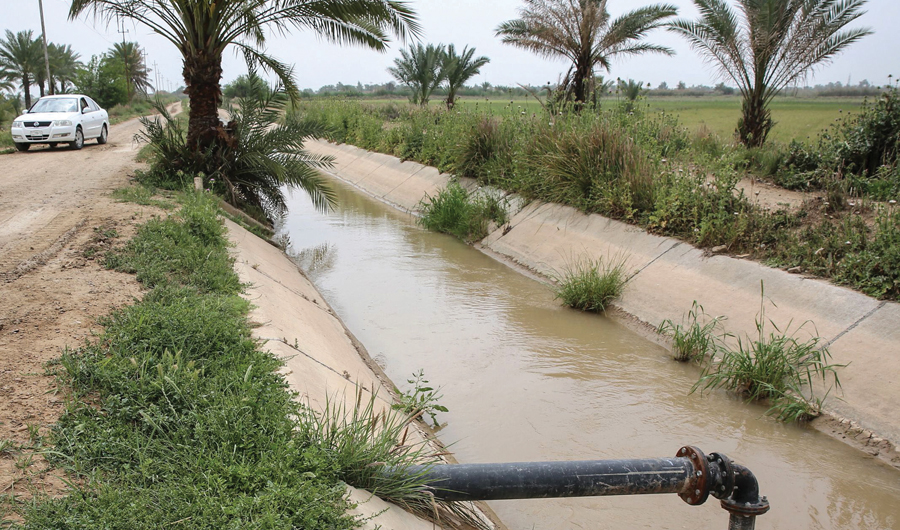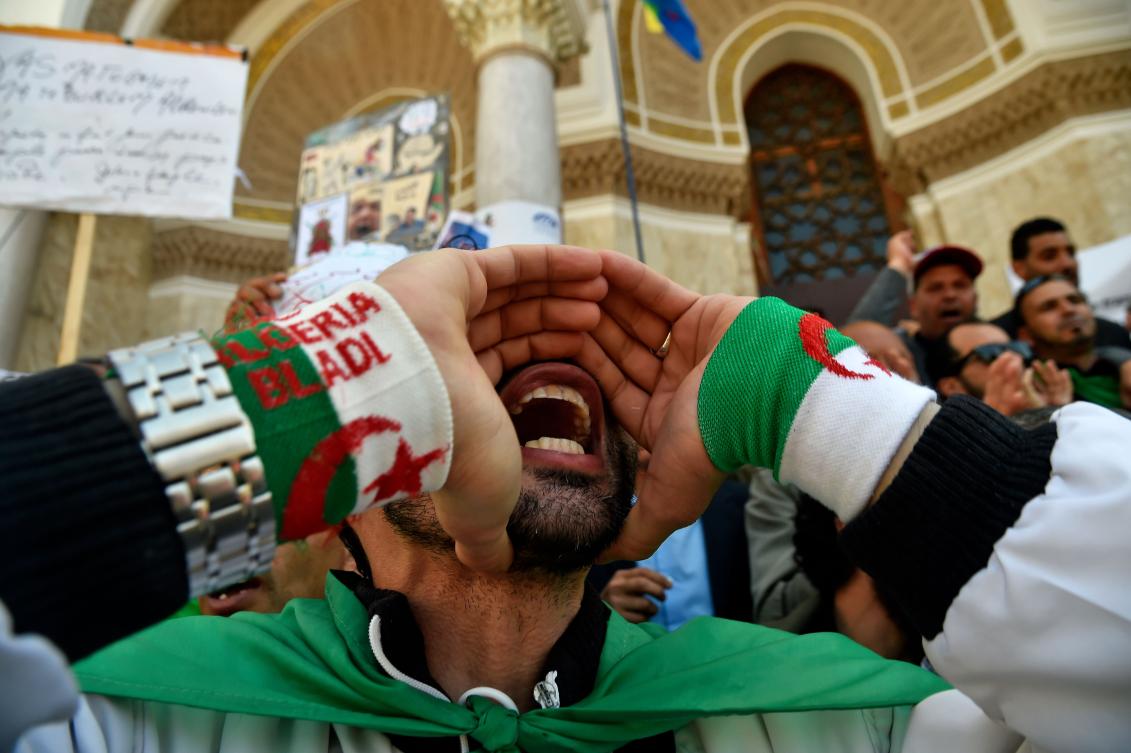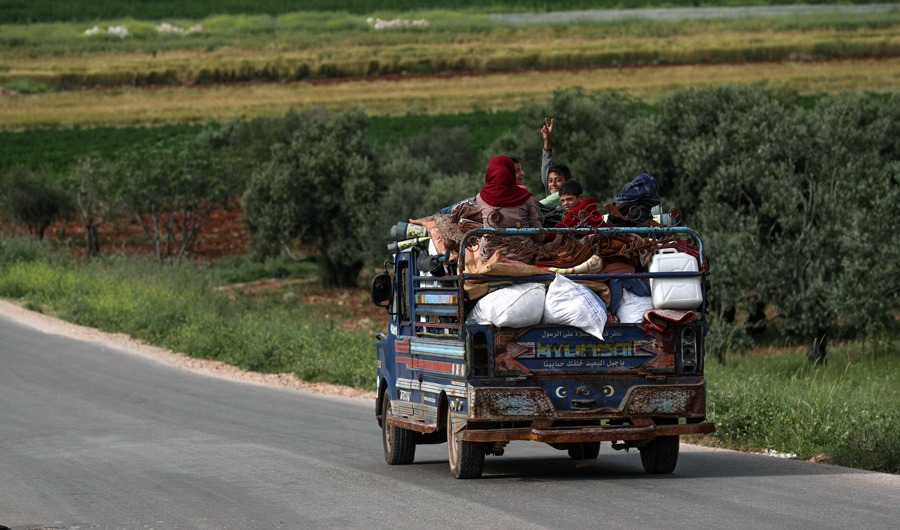Escalation in Syria’s Idlib displaces nearly 140,000: UN
BEIRUT: Fighting in northwestern Syria has displaced nearly 140,000 people since February, the UN said on Wednesday, as the regime and its ally Russia have stepped up their bombardment.
“Since February, over 138,500 women, children and men have been displaced from northern Hama and southern Idlib,” said David Swanson of the UN Office for the Coordination of Humanitarian Affairs, OCHA.
“Between 1 and 28 April, its estimated more than 32,500 individuals have moved to different communities in Aleppo, Idlib and Hama governorates,” he told AFP.
Idlib has been protected from a massive regime offensive by a September deal inked by Damascus ally Russia and opposition backer Turkey.
But the region of some 3 million people has come under increasing bombardment since the Hayat Tahrir Al-Sham group took full control of it in January.
The escalation has killed more than 200 civilians since February, the UN said last week.
A new wave of shelling and airstrikes this week targeted schools and medical centers, according to Swanson.
“The UN is deeply concerned over the recent escalation,” he said.
The attacks targeted parts of Hama and southern Idlib, including the village of Al-Qasabiyah.
“The majority of the Al-Qasabiyah village residents reportedly displaced to safer villages due to hostilities in the area,” Swanson said.
AFP correspondents saw intense bombardment of Al-Qasabiyah Wednesday, with bombs dropped by warplanes sending huge plumes of grey smoke billowing into the sky.
Vehicles loaded with mattresses, carpets and even household appliances like refrigerators and washing machines could be seen leaving villages in southern Idlib.
The Britain-based Syrian Observatory for Human Rights on Wednesday said that regime shelling over the past two days has been the most intense since the agreement between Moscow and Ankara.
The US on Tuesday urged Russia to abide by its commitments and stop an “escalation” in Idlib.
“The violence must end,” State Department spokeswoman Morgan Ortagus said in a statement.
An estimated 3 million people live in Idlib and adjacent opposition-held territory, 1.7 million of whom were already displaced from other parts of Syria since the conflict erupted in 2011.
The figure for those displaced there since February is more than double the number of people forced to move during battles against Daesh in eastern Syria between December and March.
OCHA on Wednesday said more than 63,000 people were displaced from territory held by Daesh in southeastern Deir Ezzor between December and March as a US-backed force snuffed out its self-declared proto-state.
The civil war in Syria has killed more than 370,000 people and displaced millions since it began.

US urges Russia to end ‘escalation’ in Syria’s IdlibIdlib assault ‘not now,’ says Russia






